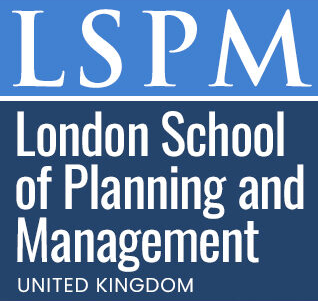Postgraduate Certificate in Disability Rights and Environmental Sustainability
Published on June 28, 2025
About this Podcast
HOST: Welcome to our podcast! Today, I'm excited to have an expert with us who can shed some light on a unique postgraduate course that combines Disability Rights and Environmental Sustainability. Could you tell us a little bit about your experience and connection to this topic? GUEST: Absolutely! I've spent over a decade working in social justice, focusing on disability rights and accessibility. Recently, I've become increasingly interested in the intersection of these issues with environmental sustainability. HOST: That's fascinating! How do you see these two areas, Disability Rights and Environmental Sustainability, intersecting in the professional world? GUEST: Well, it's essential for professionals in various fields like social work, urban planning, and policymaking to understand the connection. For instance, inclusive design can help create sustainable cities, while environmental law can protect the rights of people with disabilities. HOST: I see. And what challenges do you think educators or learners might face when trying to cover such a broad and interconnected topic? GUEST: One challenge is ensuring that the content is accessible to all students, especially those with disabilities. Additionally, keeping up with current trends and research in both fields can be demanding, but it's crucial for delivering a comprehensive learning experience. HOST: That's a great point. Speaking of which, could you share some current industry trends that are relevant to this course? GUEST: Sure! There's growing interest in using technology to promote both accessibility and sustainability. Also, there's an increased focus on incorporating a social justice perspective into environmental policy and decision-making. HOST: It's exciting to see how these fields are evolving. As we wrap up, what do you think the future holds for professionals with expertise in Disability Rights and Environmental Sustainability? GUEST: I believe that those with a deep understanding of these interconnected issues will be well-positioned to drive positive change. They'll have the skills to advocate for inclusive communities and sustainable practices, ultimately shaping a more equitable and responsible future. HOST: Thank you so much for joining us today and sharing your insights on this unique postgraduate course. It's clear that this program offers a powerful opportunity for professionals to transform their careers and make a real impact on the world. GUEST: My pleasure! It's an essential conversation, and I'm glad we could explore it together.
